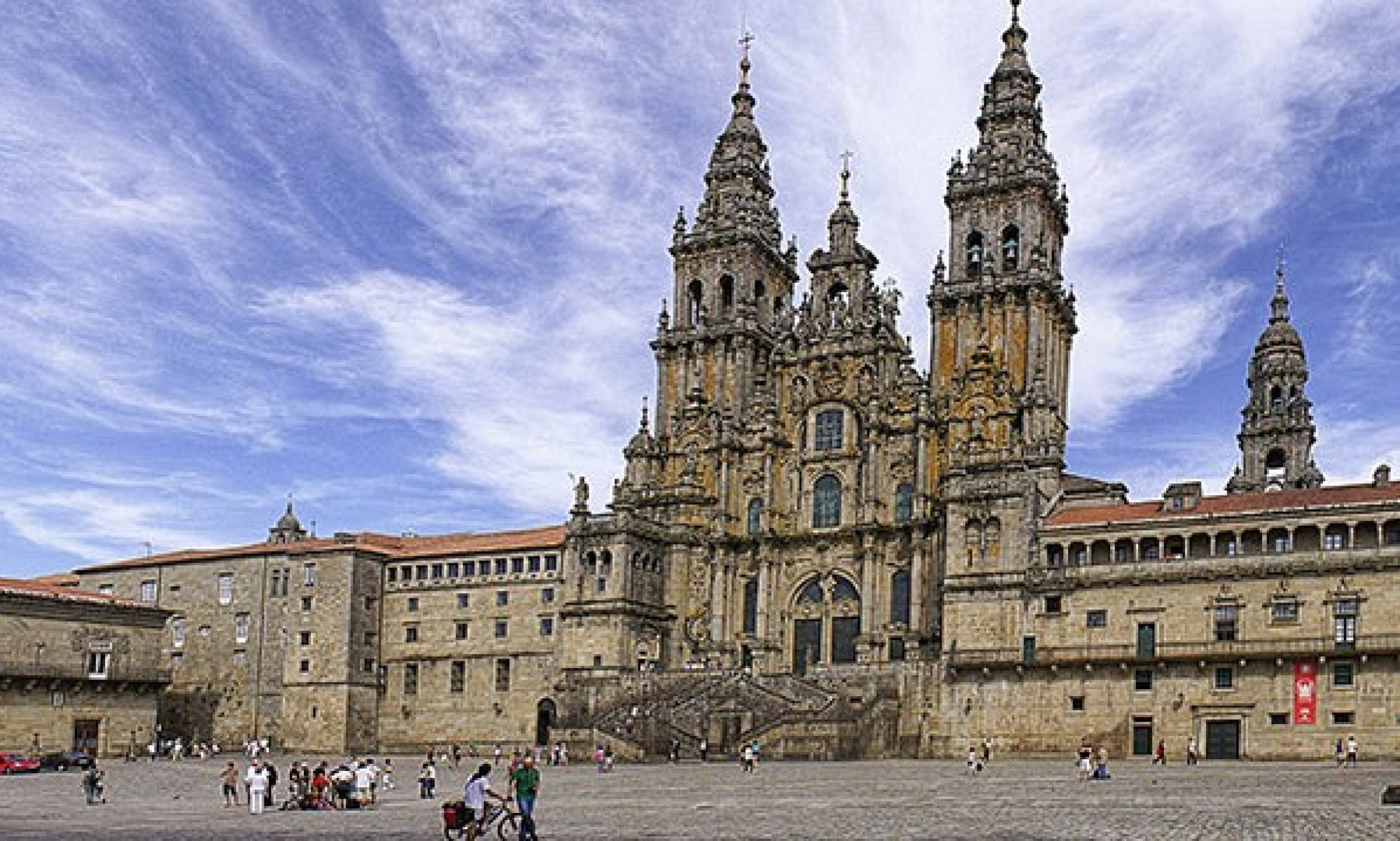Theology of Liberation and Decolonial Thought Summer School
Santiago de Compostela, Galicia
May 31-June 4, 2021
Application deadline: March 1, 2021
Affiliated Faculty Members:
Monica A. Coleman (Delaware)
Santiago Slabodsky (Hofstra –
– Co-Chair LiberationTheologies AAR)
Ramon Grosfoguel (UC Berkeley)
Mayra Rivera (Harvard)
MT Dávila (Merrimack – Co-Chair Liberation Theology AAR)
Roberto D. Hernández (SDSU)
Carmen Lansdowne (Heiltsuk First Nation
– VST-Vancouver affiliated)
Elaine Noguera-Godsey (Methodist Theological School-Ohio)
Contact email: ThLibDecolonial@dialogoglobal.com
“When I give food to the poor they call me a saint” Brazilian Christian Theologian of Liberation Helder Camara once wrote” “when I ask why the poor have no food, they call me a Communist.” This Theology of Liberation emergent from the Americas is one of the most innovative, radical and influential spiritual perspectives of the last centuries. Millions of individuals and thousands of grassroots organizations became politically and ethically active in social movements to confront colonization, racialization, poverty, capitalism, neo-liberalism and patriarchy. Today is impossible to fully comprehend the revolutionary struggles in Latin America, Africa, East Asia, the Middle-East and the African Diaspora without acknowledging the earth-shaking influence of Theology of Liberation.
In its initial formulations Theology of Liberation was predominantly Christian. Religious leaders drew from revolutionary theological re-evaluations that were already underway in Latin American and Black US communities in order to proclaim the need for another Christianity. A prophetic Christianity that decisively sided with those colonized, enslaved, and disfranchised. Since then conceptions such as love, justice, and even God changed forever. Thanks to this fruitful connection, for the last decades the movement has became larger and more diverse than ever with other religions (Buddhism, Judaism, Islam), negated traditions (Indigenous, African, Asian, Arab, Roma), gender/sexual identities (Feminist, LGTB) and social movements (Ecological, Labor) developing their own Liberation Theologies in critically enriching conversation with previous generations.
This summer school emphasizes on the dialogue between Theology of Liberation in its broad formulation that includes Feminist, Black, Latin American, Queer and other religions understandings of the Theology of Liberation and decolonial thought as it has been articulated by intellectuals in the Americas. The originality of this school is to bring a decolonial view to Theology of Liberation that is sensitive to questions of coloniality of power, being and knowledge. We would also like to explore a Theology of Liberation view of Decolonial Thought. What kind of contributions Theology of Liberation has made to Decolonial Thought and, vice-versa, what kind of contributions Decolonial Thought can bring to Theology of Liberation are fruitful questions that we would like to address in this summer school. What is the relationship between Christendom and Modernity? Is Modernity a full discontinuity from Christendom? What critiques can be formulated from Decolonial Thought and Theology of Liberation to the secular/religion binary of modernity?
The location of the school in Santiago de Compostela (Galicia, Spain), one of the centuries old centers of pilgrimage of Christendom, makes it ideal for the kind of conversations we would like to have critical of both Christendom and Modernity.
